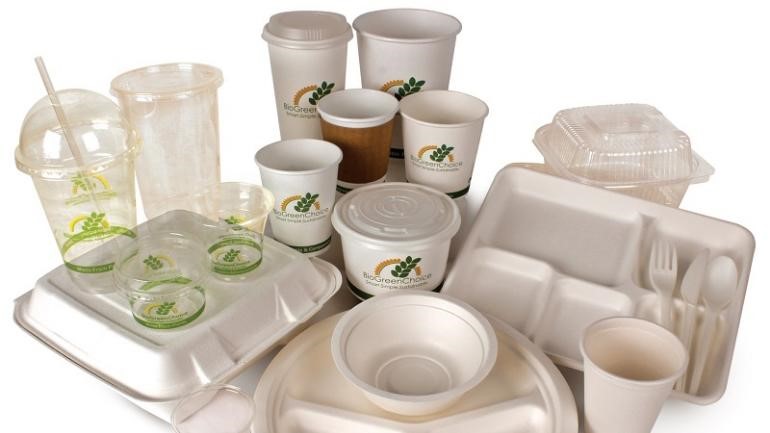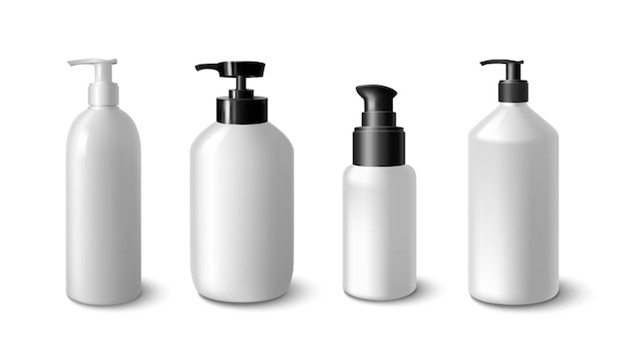
Compostable Bioplastics
With a growing need to develop sustainable alternatives to plastic, especially in the packaging industry, many novel technologies have surfaced. Bioplastics is one such category of substitutes for the highly versatile and highly polluting plastic.
Bioplastics are considered to be a lot more eco-friendly than ordinary plastics and are quickly replacing them in many industries. However, there are many misconception in the consumer community regarding the production and disposal of the same.
Through this blog, questions such as, “What are bioplastics made of?” and “Can I compost bioplastics myself?” will be answered.
To begin with, what really are bioplastics?
Bioplastics can be confused for both biodegradable plastics and bio-based plastics.
Bio-based plastics are made from plant material instead of oil and that is essentially all it means. A bio-based plastic is not necessarily biodegradable, compostable or even recyclable. Biodegradable plastics can be either plant-based or petroleum-based or both and decay naturally without producing any toxins.
A compostable plastic is defined by the standards association ASTM International (ASTM) as “a plastic that undergoes degradation by biological processes during composting to yield carbon dioxide (CO2), water, inorganic compounds, and biomass at a rate consistent with other known compostable materials and that leaves no visible, distinguishable, or toxic residue.”[1]
ALL COMPOSTABLE MATERIAL IS BIODEGRADABLE, BUT NOT ALL BIODEGRADABLE MATERIAL IS COMPOSTABLE.
In this blog, bioplastics are going to refer to bio-based plastics.
While a lot of bioplastics are compostable, they can only be composted in controlled environments with microorganisms at certain, usually higher, temperatures. This means they are industrially compostable and not home compostable.
So which bin do you throw a bioplastic “compostable” cup in?
If thrown in the recycling, compostable bioplastics act as a contaminant for other plastics that are meant to be recyclable. They also cannot be thrown in the compost because that is meant for home composting. It is not paper waste either. Which leaves us with only one option: THE TRASH.
Currently, there is a lack of composting grounds to implement widespread production and use of compostable bioplastics. Even when compostable bioplastic products, such as compostable cups, reach the appropriate recycling facility with the required infrastructure to process bioplastics, there just is not enough of it to be useful. As of today, most bioplastics still end up in landfills.
The only essential benefit of bio-based plastics is the alternative renewable source of production which lacks the repercussions of petrochemical processing. Using a plant source avoids greenhouse gas emissions as opposed to using fossil-fuel feedstock. However, use of crops has its own consequences. High-level inputs of water, pesticides and fertilizers to grow the plant source can be questioned to be environmentally detrimental.
There are multiple trade-offs that need to be considered in the production and use of said alternatives like bioplastics. Improper or incomplete implementation of processing methods can be equally damaging as continuing the production and use of plastic.
Thus, the need of the hour is not only better technologies, but also equally advanced execution.
ASTM International - Standards Worldwide. Available at: <https://www.astm.org/>
https://www.thejournal.ie/readme/coffee-compostable-cups-landfill-41603…







